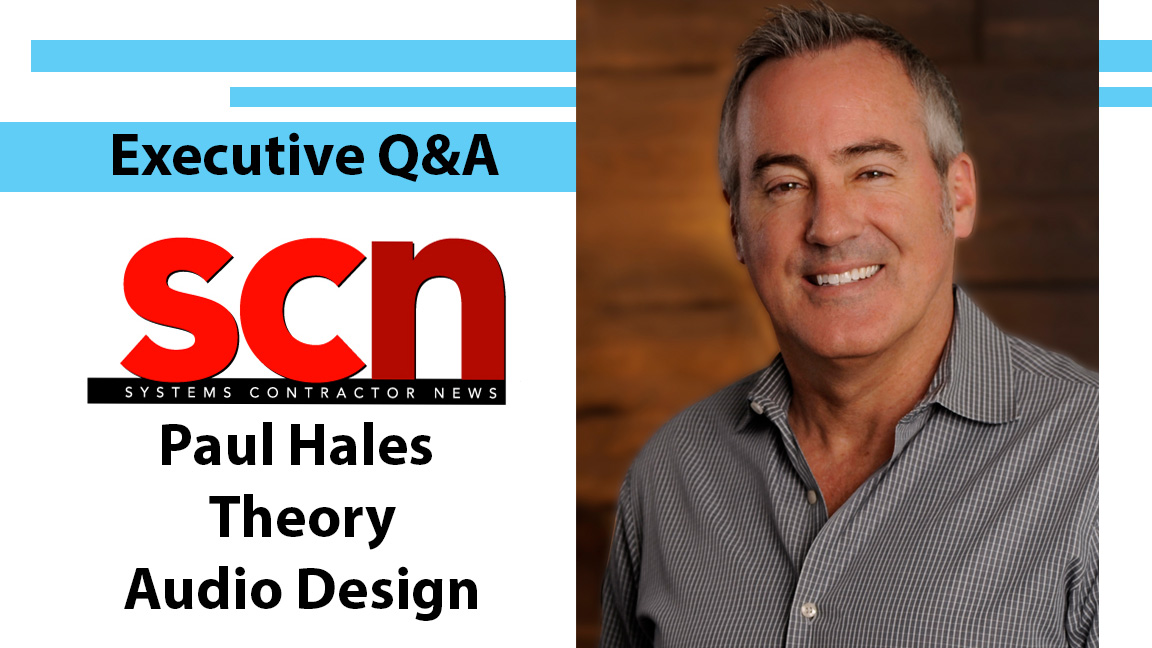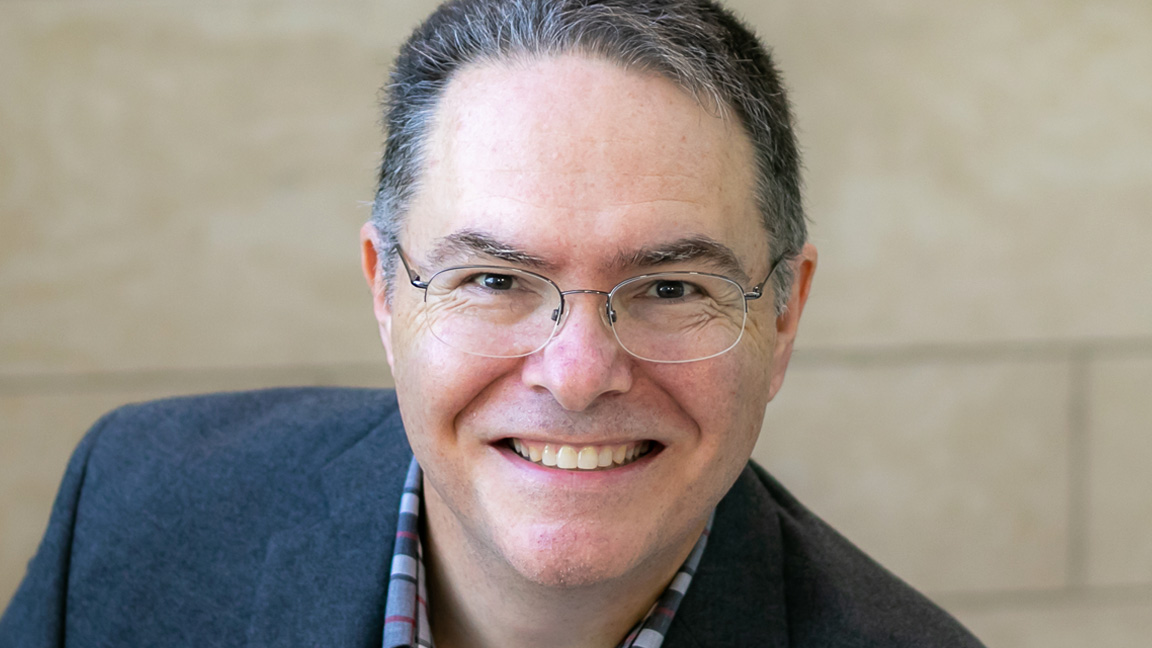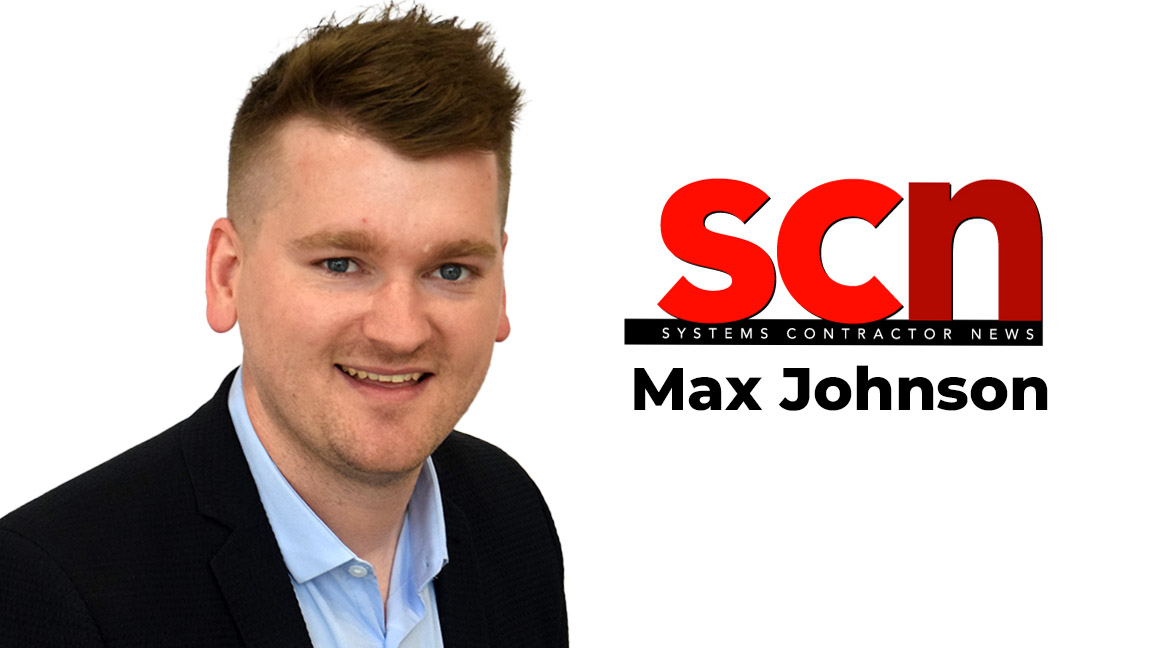Executive Q&A: Theory Audio Design Aims High
The home cinema experts enter the commercial market with premium product offerings.

A daily selection of features, industry news, and analysis for AV/IT professionals. Sign up below.
You are now subscribed
Your newsletter sign-up was successful
SCN: What is your position, and what are your responsibilities?
Paul Hales: President and product designer, which means I handle everything from definition, development, and engineering of the products, to running day-to-day operations and setting corporate strategy. I established Theory Audio Design in 2017.
SCN: How has your background prepared you for your role?
PH: I have been designing and building loudspeakers for 40 years, since age 16. In 1989, I launched my first speaker company straight out of college—Hales Design Group—where many of my hi-fi loudspeakers earned top awards and praise from the audiophile community. In the early 2000s, I established the Research and Development department for loudspeakers at QSC, where I served as director of R&D. I have also been a loudspeaker and acoustics design consultant for Samsung, BMW, and Dolby Laboratories.
Theory intends to disrupt the architectural and outdoor speaker categories, starting with our recently announced range of in-wall and in-ceiling speakers and subwoofers.
In 2004, I founded Professional Home Cinema to develop professional-style loudspeakers for residential dedicated cinema rooms. Eighteen years later, the company is still going strong using the brand name Pro Audio Technology (PRO). PRO is the system of choice by many world leaders, professional athletes, music producers, and A-list celebrities for their personal residential screening rooms, including many digital cinema installations (DCIs).
Theory, quite simply, is my effort to bring this somewhat unique approach of marrying professional and consumer audio engineering techniques to products outside the six-figure dedicated home cinema—in both the residential and commercial market segments. Theory products combine PRO’s thrilling sound with sophisticated contemporary design at a much lower price point.
SCN: Why the move into the commercial audio space?
Commercial spaces are becoming increasingly more refined and high-end, certainly in North America but also worldwide. The audio products that address those spaces have not kept up—current offerings have lackluster performance and are of overall low quality. Theory will fill the premium niche and address it head-on.
A daily selection of the top stories for AV integrators, resellers and consultants. Sign up below.
[Executive Q&A: All About the New Reality]
Exceptional products resonate with me in general, whether it be cars, watches, wine, tools of any kind, or audio electronics. With Theory, I’m addressing the premium segment within residential and commercial applications, surround sound and distributed audio, indoors and out, with specific emphasis on premium commercial spaces: hotels, restaurants, bars, spas, houses of worship, corporate offices, etc.
SCN: What are the major differences between commercial and consumer audio?
Consumer audio is dominated by floor or stand mount-style loudspeakers, typically with delicate cones and domes for components. The speakers are designed for hi-fi and two-channel listening, offering sound that is accurate and refined but, in my opinion, often dynamically compressed and aurally “small” compared to real life.
Commercial audio is primarily dominated by small plastic speakers or for foreground music, large horn-based PA boxes. Commercial loudspeaker components are strong and durable, meaning they can play loud and offer massive dynamics, but the sound can lack clarity and refinement. Theory products marry the refined sound of hi-fi equipment with the thrilling dynamics of professional gear.
SCN: What major trends have you been tracking in commercial audio?
The pandemic created substantial demand for hybrid workspaces and the ability to communicate from anywhere. More than ever before there is a need for high quality video and audioconferencing equipment. In the new workspace, in-person interactions are often being replaced with video meetings, making good communication imperative. Low-quality audio equipment simply won’t suffice in the long run.
SCN: Where do you see the Pro AV industry heading?
As immersive content continues to gain momentum, I anticipate it will be the way of mixing music in the future, including in live sound. Rather than blasting sound from the stage at a concert venue, a higher channel count of strategically placed loudspeakers will immerse the audience in sound that will awaken their senses in a way they have never experienced before.
SCN: What are the short and long-term goals for your company?
PH: We seek to be the “Porsche” of audio products: a premium brand with a small stable of the most capable products available. We are making a very bold promise: to deliver the very best performance available in every product category we enter. It’s a big claim for sure, but I think we’ve already proven that with some of Theory’s first products—soundbars, on-wall loudspeakers, and subwoofers. Feedback from consumers, dealers, consultants, and journalists has been unanimous—we’ve established a new performance bar for those products.
[Executive Q&A: Managing the Process]
In 2022 and beyond, Theory intends to disrupt the architectural and outdoor speaker categories, starting with our recently announced range of in-wall and in-ceiling speakers and subwoofers. With optional accessories including waterproof grilles and pendant housings for open-ceiling environments, Theory’s in-ceiling speakers can be installed in any environment from outdoor patios to yachts.
Later this year, Theory will launch a line of what we’re calling Amplified Loudspeaker Mixers (ALMs), which will condense the several discreet components required to deploy sophisticated commercial distributed systems into one extremely capable, 10-channel 2RU chassis, with up to 8,000 watts of real power.
SCN: What is the greatest challenge you face?
I am acutely aware of the fact that the last thing the world needs is yet another speaker brand. I would not have founded Theory if I didn’t believe there was an unfulfilled need in the market that we could uniquely meet. Theory products are genuinely different than anything available currently. That’s not hyperbole; we invite listeners and professionals to have a listen. We have kept and intend to keep our promise to deliver the best performance available in every product category we enter.

Mark J. Pescatore, Ph.D., has been the content director of Systems Contractor News since 2021. During his career, he's hosted and programmed two ongoing regional industry trade shows (including Future B2B's AV/IT Summit), produced and hosted podcasts and webinars focused on the professional video marketplace, taught more than a dozen college communication courses, co-authored the book Working with HDV, and co-edited two editions of The Guide to Digital Television.
